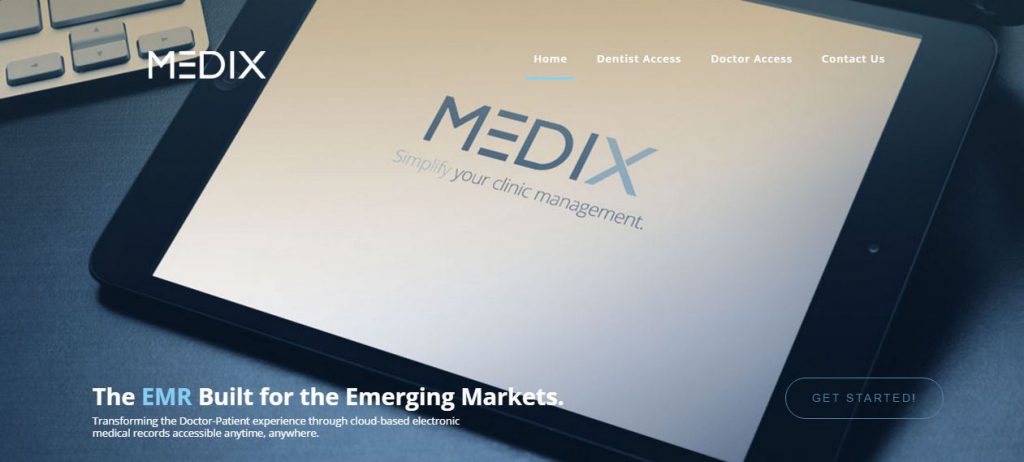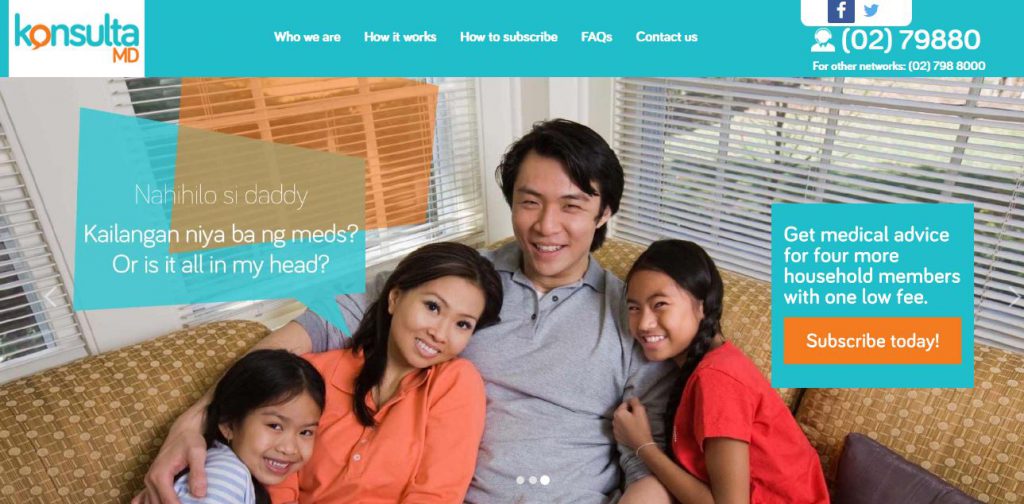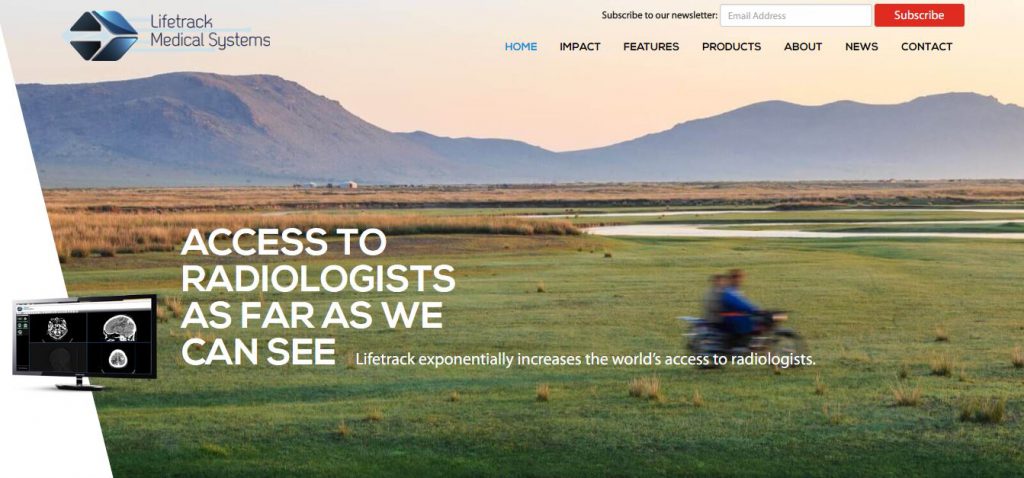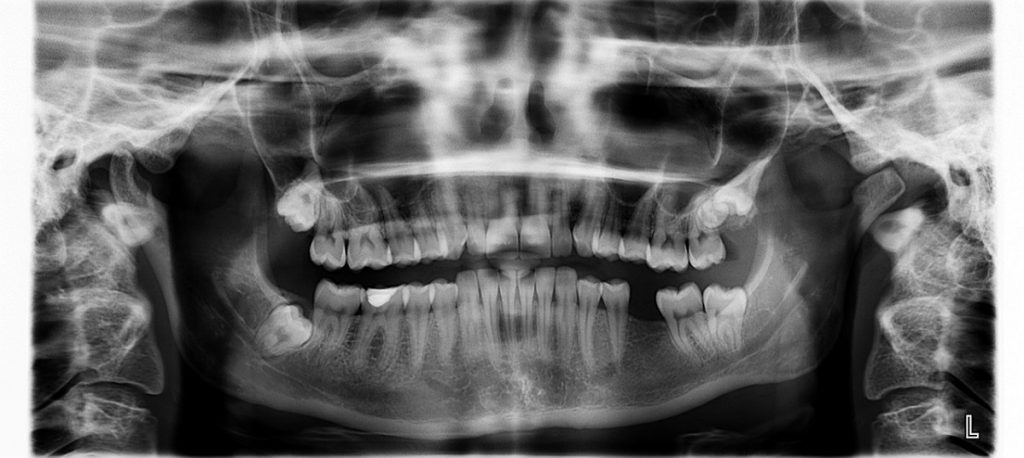
Pic: Pixabay
Medical tech: 3 Philippine startups that want to make healthcare services better
GETTING good healthcare in the Philippines is no easy feat. According to a 2015 study, the country ranks lowest among its Asian neighbors in terms of per-capita healthcare spending. It doesn’t help that (like with most Southeast Asian countries) a big proportion of healthcare spending comes from government services. And with the fiscal and resource constraints faced by such government agencies and offices, the resource allocation is expected to drop in the coming years.
Technology helps ease the burden in many ways. Through health-focused tech startups, both medical professionals and their patients are given the opportunity to find better services and manage patients’ needs. Here are a some of the notable startups that strive to improve access to medical services in the Philippines:
Medix
 From long lines at waiting rooms to missing patient records, even the most routine appointments can be a headache. When Medix launched in early 2012, the electronic healthcare record industry in the Philippines was still a nascent one.
From long lines at waiting rooms to missing patient records, even the most routine appointments can be a headache. When Medix launched in early 2012, the electronic healthcare record industry in the Philippines was still a nascent one.
Medix started out as a service for dentists and dental practitioners, focused on enabling them to manage their patients and patient records on tablet devices. The app highlighted connectivity as its main feature – making patient records accessible across clinics and offices through the cloud. This meant patients no longer have to fill out new forms when they were referred to others, which improved the accuracy of records and patient history.
With its initial focus on dental practices, Medix’s app enabled dentists to directly input dental records onscreen, without relying on paper-base cards. Now that pharmaceutical industry and mobile healthcare provider mClinica has acquired a stake in Medix, the platform also supports medical doctors.
SEE ALSO: Bangalore: Tricog Health raises over $1m to help patients with heart complications
The partnership also enables Medix to access mClinica’s wide network of medical practices and pharmacies across Asia – helping the startup gain traction in international markets. With these partnerships, Medix can help doctors manage their clinic queues and patient records better, a well as provide a way for patients to easily fill prescriptions through partner pharmacies.
Konsulta.MD
 One of the dangers of not having enough access to on-site medical care is people self-diagnosing or self-medicating. The prevalence of self-medication in developing countries is about 39 percent, although the World Health Organization warns about the need for advice regarding safe and effective use of over-the-counter medication.
One of the dangers of not having enough access to on-site medical care is people self-diagnosing or self-medicating. The prevalence of self-medication in developing countries is about 39 percent, although the World Health Organization warns about the need for advice regarding safe and effective use of over-the-counter medication.
KonsultaMD, a venture started by Philippine telco Globe Telecom through its subsidiary Yondu and content provider Salud Interactiva, is basically a 24/7 “tele-medicine” hotline manned by licensed doctors in the country. It provides medical assessment and advice to members, including basic healthcare and medication over the phone.
Others have easier access to healthcare because of telemedicine. It's time Filipinos do, too. #KonsultaMoYan pic.twitter.com/nJFbDfyh89
— KonsultaMD (@KonsultaMD) August 15, 2016
The service works through subscriptions: prepaid or contract mobile account holders can pay a minimal monthly fee, which covers up to four additional family members. Members can text or call about their medical concerns, and licensed practitioners will provide advice to either diagnose or refer the patient to a practitioner or specialist when necessary.
The traffic nightmare in metropolitan areas might discourage a commute to the clinic in urban spaces, while doctors may not always be available in rural areas. The aim here is to improve access to medical professionals while cutting the cost, hassle and effort involved in paying the doctor a visit.
Lifetrack
 Radiology is yet another aspect of healthcare that faces shortages in developing countries. The ideal ratio of radiologists per population is one to every 100,000, but the Philippines is grossly lacking, missing at least 85 percent coverage. As of 2015, the country only has 1,500 radiologists for a population of 98.39 million. Skilled graduates have either gone abroad or sought more lucrative employment outside of the medical field.
Radiology is yet another aspect of healthcare that faces shortages in developing countries. The ideal ratio of radiologists per population is one to every 100,000, but the Philippines is grossly lacking, missing at least 85 percent coverage. As of 2015, the country only has 1,500 radiologists for a population of 98.39 million. Skilled graduates have either gone abroad or sought more lucrative employment outside of the medical field.
Lifetrack Medical Systems aims to address this need by providing tele-radiology services in order to enable access to X-ray facilities remotely.
Funded by Kickstart in late 2015, along with other institutional investors, Lifetrack’s cloud-based platform matches hospital residents with experienced radiologists, who help evaluate medical images and provide reports. Being a cloud-based solution, the radiology professionals can be located anywhere in the country or the world.

Beyond crowdsourcing radiology to capable professionals, the solution also enables local radiologists to further their careers by providing access to scans from abroad, thus helping improve their skills.
The takeaway
Startups, mobile and cloud-based solutions have improved access to healthcare and medicine through innovative ways, whether by improving the workflow and records at a doctor’s office, helping people find answers to health-related concerns, or enabling medical experts worldwide collaborate on localized problems where access to such knowledge may not otherwise be possible.
READ MORE
- Ethical AI: The renewed importance of safeguarding data and customer privacy in Generative AI applications
- How Japan balances AI-driven opportunities with cybersecurity needs
- Deploying SASE: Benchmarking your approach
- Insurance everywhere all at once: the digital transformation of the APAC insurance industry
- Google parent Alphabet eyes HubSpot: A potential acquisition shaping the future of CRM
